
Why many experts advise against sleeping with window open
A good night’s sleep often determines the tone for the day ahead, yet one common question keeps coming up: is it better to sleep with your window open or closed?
The answer isn’t as straightforward as you might expect. While many people swear by the freshness of outdoor air, others prefer the quiet and controlled comfort of a closed room. Sleep experts agree that there’s no single correct answer — instead, it largely depends on your personal comfort, local environment, and factors such as air quality, temperature, noise, safety, and light exposure.
The Appeal of Sleeping with the Window Open
For many, the sensation of cool night air drifting into the room feels refreshing and natural. It helps some people fall asleep faster, especially in stuffy or warm bedrooms. Fresh air can reduce humidity and help circulate oxygen, which may improve how deeply you sleep — at least in ideal conditions.
However, this habit can also come with a few hidden drawbacks. Keeping the window open exposes you to pollen, dust, exhaust fumes, and outdoor allergens, which may trigger sneezing, congestion, or itchy eyes. Urban residents, in particular, might notice worsened air quality near traffic or industrial areas.
There’s also the issue of noise pollution. Sounds from cars, barking dogs, or late-night conversations can easily disrupt your sleep cycle, leaving you feeling less rested even after a full night’s sleep. For light sleepers, these small interruptions can make a big difference in how refreshed they feel the next morning.
And finally, safety and security matter. Leaving windows open — especially on the ground floor or when living alone — can create an uneasy feeling or even potential risk, which in itself can make it harder to relax and fall asleep.
Health and Comfort Considerations
Much like how lighting, scent, or wall color can influence the atmosphere of your bedroom, the decision to sleep with your window open or closed can subtly shape your sleep quality and overall comfort.
While fresh air might seem beneficial, fluctuating temperatures during the night can interfere with your body’s ability to maintain a steady internal temperature. When the body is forced to react to cold drafts or sudden warm gusts, it can cause micro-awakenings — brief moments when you wake slightly without realizing it — resulting in lighter, less restorative sleep.
Insects are another factor often overlooked. Even with window screens, mosquitoes, flies, and small bugs can find their way inside. Apart from the annoyance of buzzing or itchy bites, in some regions, insect bites can carry mild to serious health risks.
Benefits of Sleeping with the Window Closed
Closing your window provides better temperature control, especially if you use air conditioning, heating, or an air purifier. It helps maintain a consistent environment that supports deeper rest. A closed window can also block excess light, dust, and outdoor noise, creating a quieter and more predictable sleep setting.
Many people also report feeling more secure with the windows shut — a psychological factor that can make it easier to drift off peacefully, particularly in urban areas or when sleeping alone.
Smart Alternatives for a Healthier Sleep Environment
If you prefer to keep your window closed but still want fresh, clean air while you sleep, there are several simple alternatives:
-
Use an Air Purifier
A high-quality air purifier can filter dust, allergens, and pollutants, while also maintaining a gentle airflow. The soft hum it produces can act as white noise, masking unpredictable outdoor sounds. -
Regulate Room Temperature
Aim to keep your bedroom between 18–20°C (65–68°F), which sleep research shows is optimal for most people. You can use a ceiling fan, a quiet air conditioner, or a breathable mattress topper to prevent overheating. -
Ventilate in the Morning
Even if you sleep with the window closed at night, open it wide for 10–15 minutes each morning. This helps exchange stale indoor air for fresh oxygen, lowering indoor carbon dioxide levels and reducing musty odors. -
Add Plants or Natural Filters
Certain houseplants — like snake plants or peace lilies — can subtly improve air freshness, especially in small rooms. They also add a calming, natural aesthetic that promotes relaxation.
The Bottom Line
There’s no universal rule about whether sleeping with your window open or closed is better. The right choice depends on your environment, comfort level, and sensitivity to factors like noise, air quality, and temperature changes.
If you live in a quiet, clean-air area with mild nighttime temperatures, sleeping with the window slightly open can feel wonderful and promote gentle airflow. But if you’re in a noisy, polluted, or insect-prone environment, keeping the window closed and optimizing your indoor air quality is usually the smarter and more restful option.
At the end of the day, the goal is the same: a calm, cool, and comfortable sleep environment that allows your body and mind to recharge — so you can wake up refreshed, alert, and ready for whatever the new day brings.
News in the same category


Tragic Yellowstone Hot Spring Accident: Man Dissolved in Hours

Iceland Cancels Whaling Season, Spares Hundreds of Fin Whales in 2025

The Body’s Intuition: Signs of an Impending End

The Shoes You Pick Reveal What Kind of Woman You Are

Stop This Spider From Entering Your Home

Why We Can’t Sleep Without a Blanket Even on Hot Nights

Scientists Reveal Interoception, the Amazing Sixth Sense of Humans

DoorDash Steps Up: Free Deliveries for SNAP Recipients as Federal Assistance Nears Collapse

Trump Blasts TIME Magazine for Unflattering Cover Photo

Nostradamus’s Predictions About Cats In The Home

Here’s Why Many Couples Start Sleeping In Separate Beds After 50
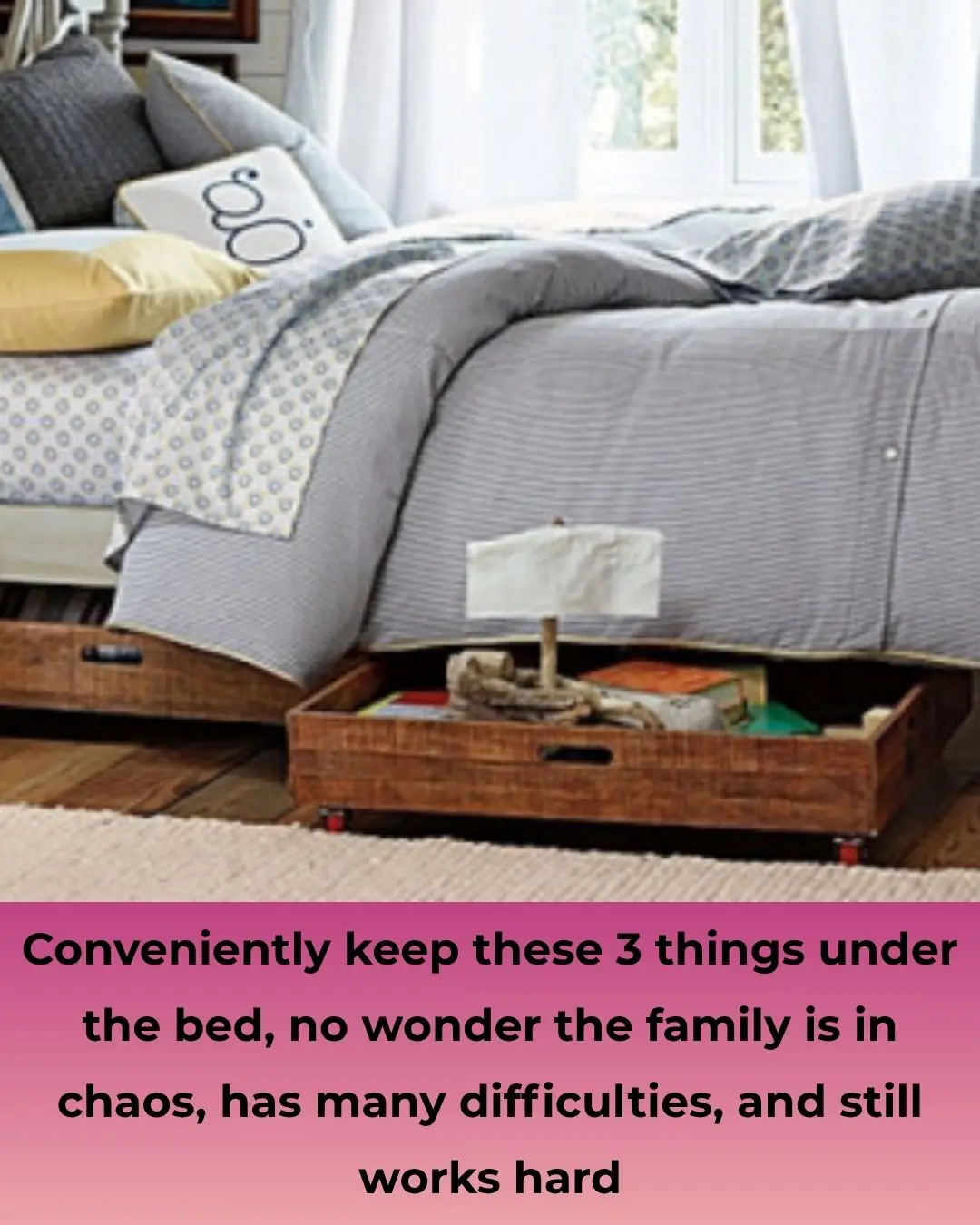
Conveniently keep these 3 things under the bed, no wonder the family is in chaos, has many difficulties, and still works hard

5 Phrases That Indicate a Man is About to Leave His Wife for Another Woman

Can You Find The Missing Girl in the Wilderness
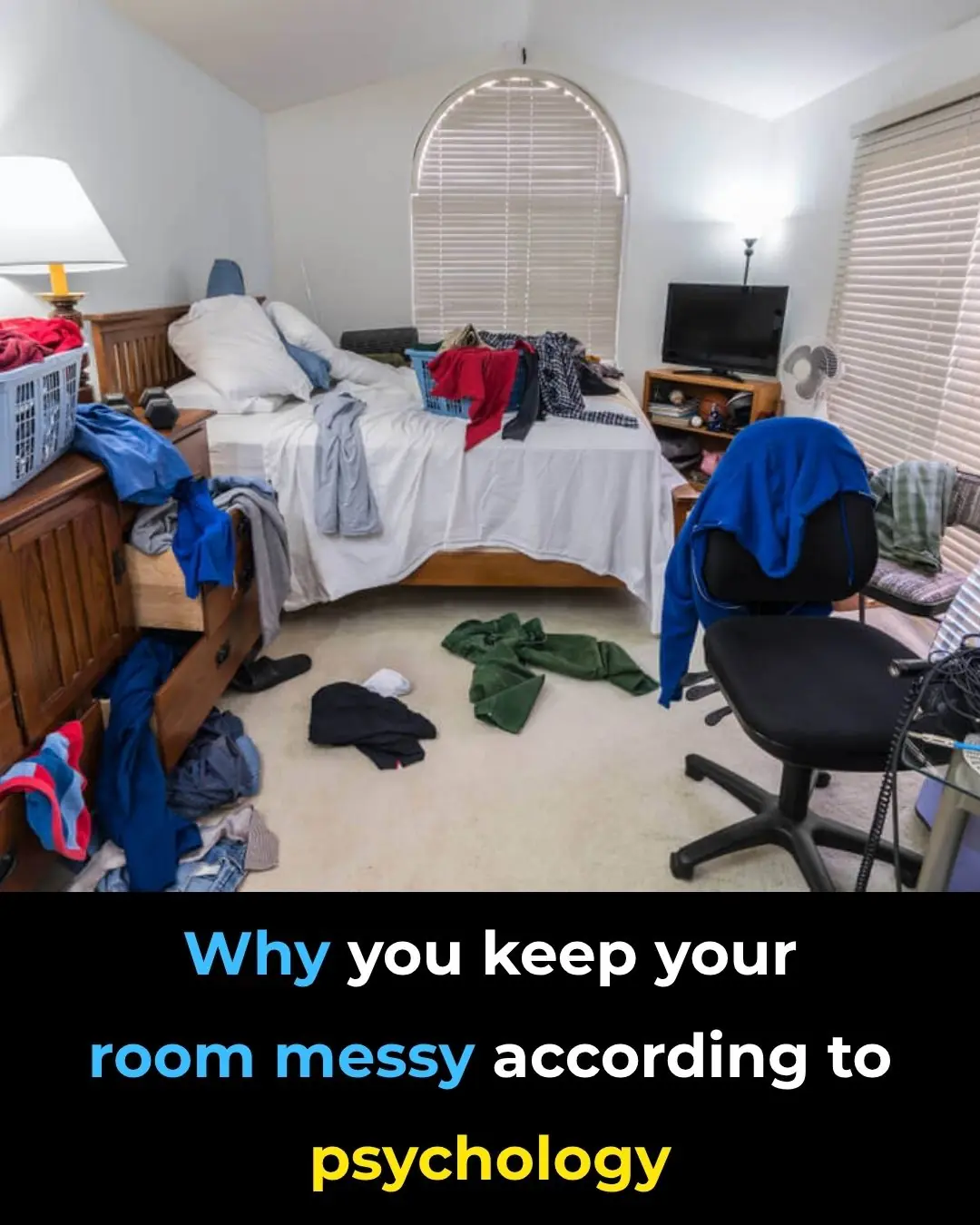
Why You Keep Your Room Messy According to Psychology

New Research Upends 10,000-Step Rule for Older Adults

How Science Reveals the Hidden Power of the Brain to Heal from Emotional Trauma

Can you spot the hidden dog? Only people with eagle eyesight can!
News Post

Finding Her Voice: How a Fall Led Beth to Advocacy and Hope

Hampton Rose: A Heart Angel Whose Legacy Continues to Inspire

Don’t Boil Chicken with Just Salt and Water—Try This Method for Golden Skin and Juicy Meat
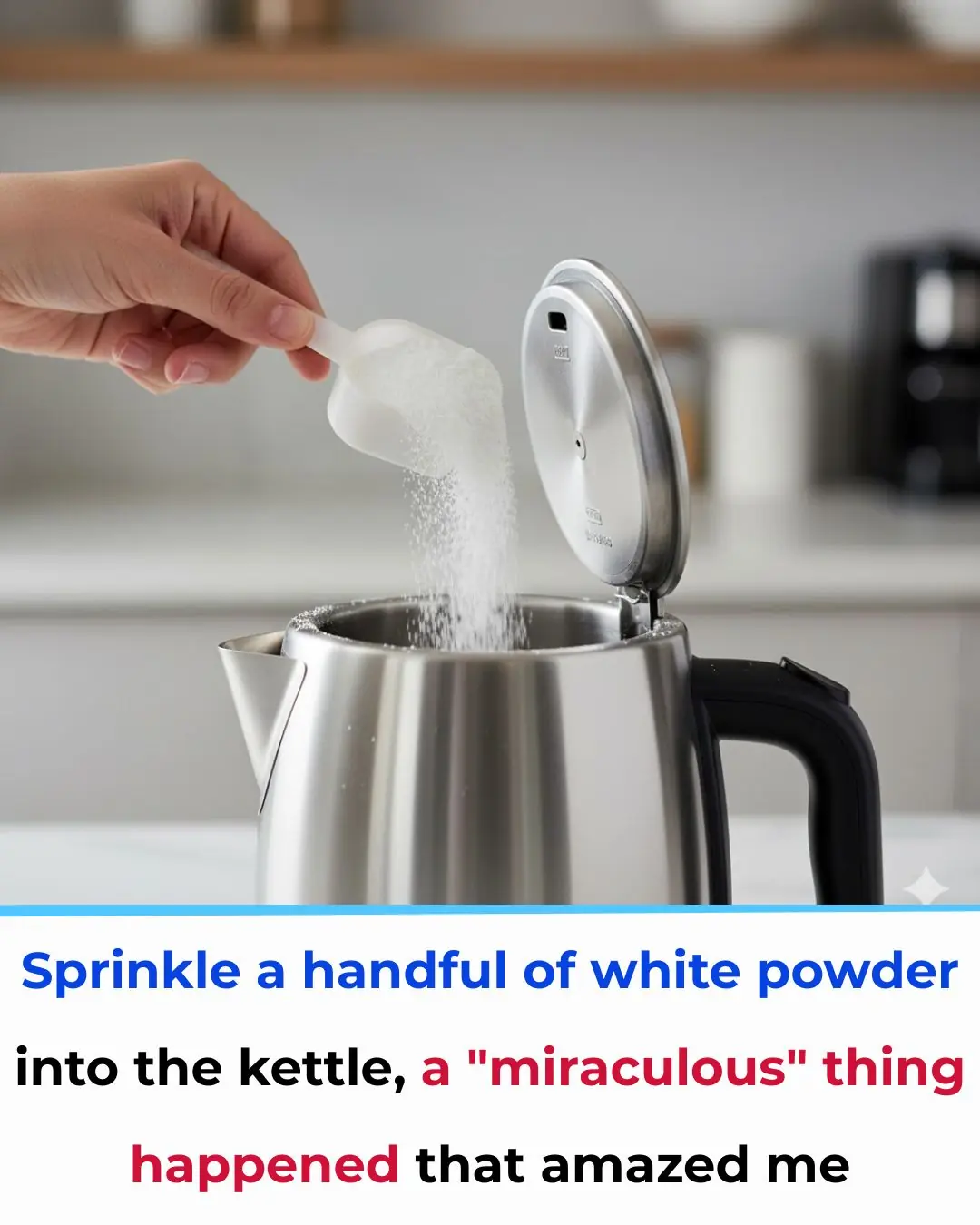
Sprinkle a Handful of White Powder into Your Kettle—The “Magical” Result Will Astonish You

Don’t Wash New Clothes with Soap—Soak Them in This Instead, and They’ll Keep Their Color for 5 Years

Here’s What Really Happens To Your Body If You Drink Diet Soda

Roselle: The Scarlet Herbal Treasure with Powerful Health Benefits

Clove-Infused Honey Power: A Natural Wellness Booster You Can Make at Home

Best DIY to regrow new hair on your bald patch

Natural Hair Darkening with Coffee and Cornstarch: A DIY Treatment for Grey Hair and Healthy Scalp

DIY Botox With Vaseline: A Natural Anti-Aging Remedy for Wrinkles, Fine Lines, and Age Spots

CCF Tea to Burn Belly Fat

Best Bridal Ubtan & Face Packs

DIY Clove Oil for Skin Tightening: A Natural Anti-Aging Remedy for Wrinkles and Fine Lines
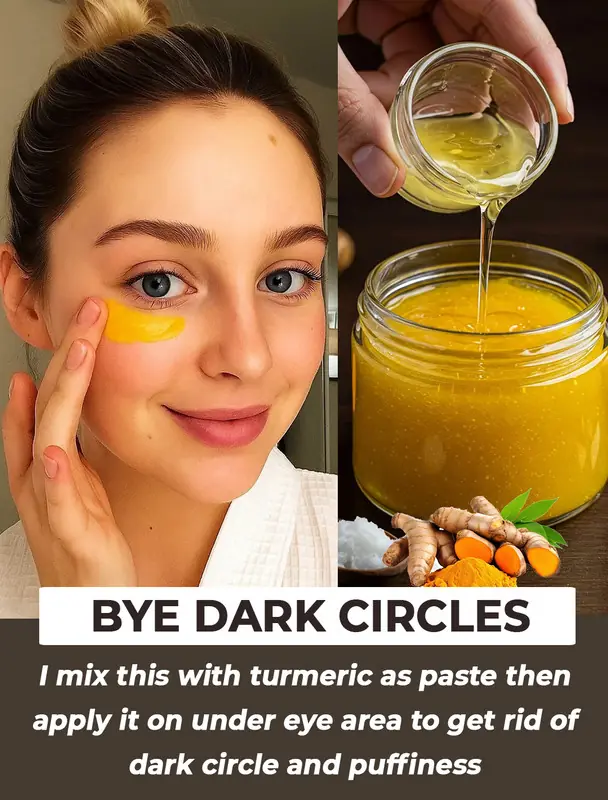
Turmeric Eye Mask for Dark Circles: A Natural Remedy for Brighter, Youthful Eyes

Rice Water for Skin | DIY Toner Benefits to Remove Dark Spots & Shrink Large Pores

Best Anti-Ageing Cream with Vaseline and Tomato
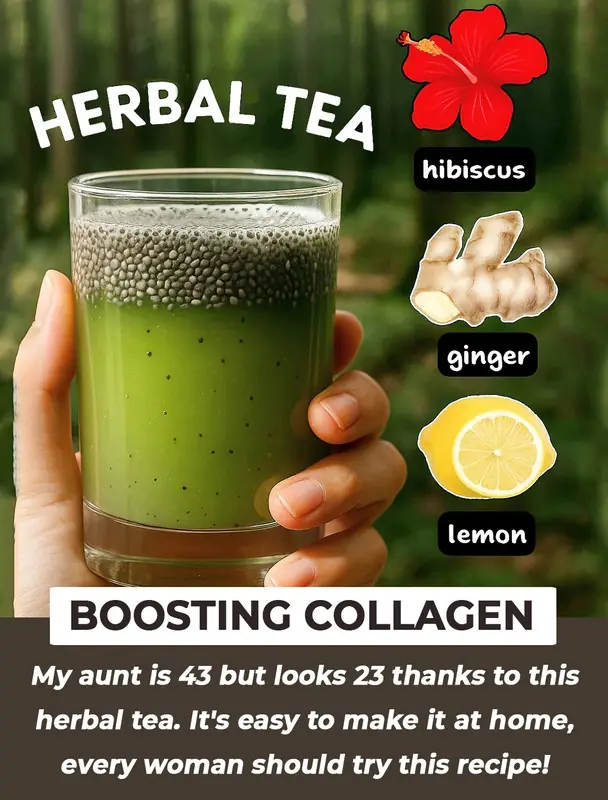
Collagen-Boosting Herbal Tea Recipe: Natural Anti-Aging Drink for Youthful, Glowing Skin

Golden Recipe to Boost Hair Growth Naturally: This Powerful Herb-Infused Hair Oil Can Stimulate Hair Growth and Prevent Hair Loss
